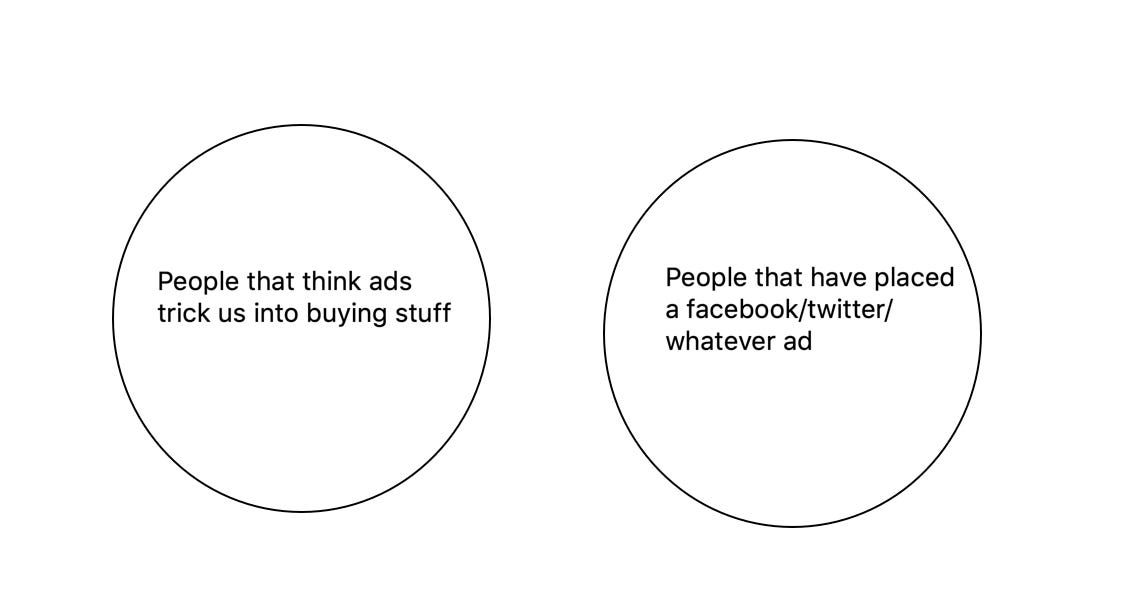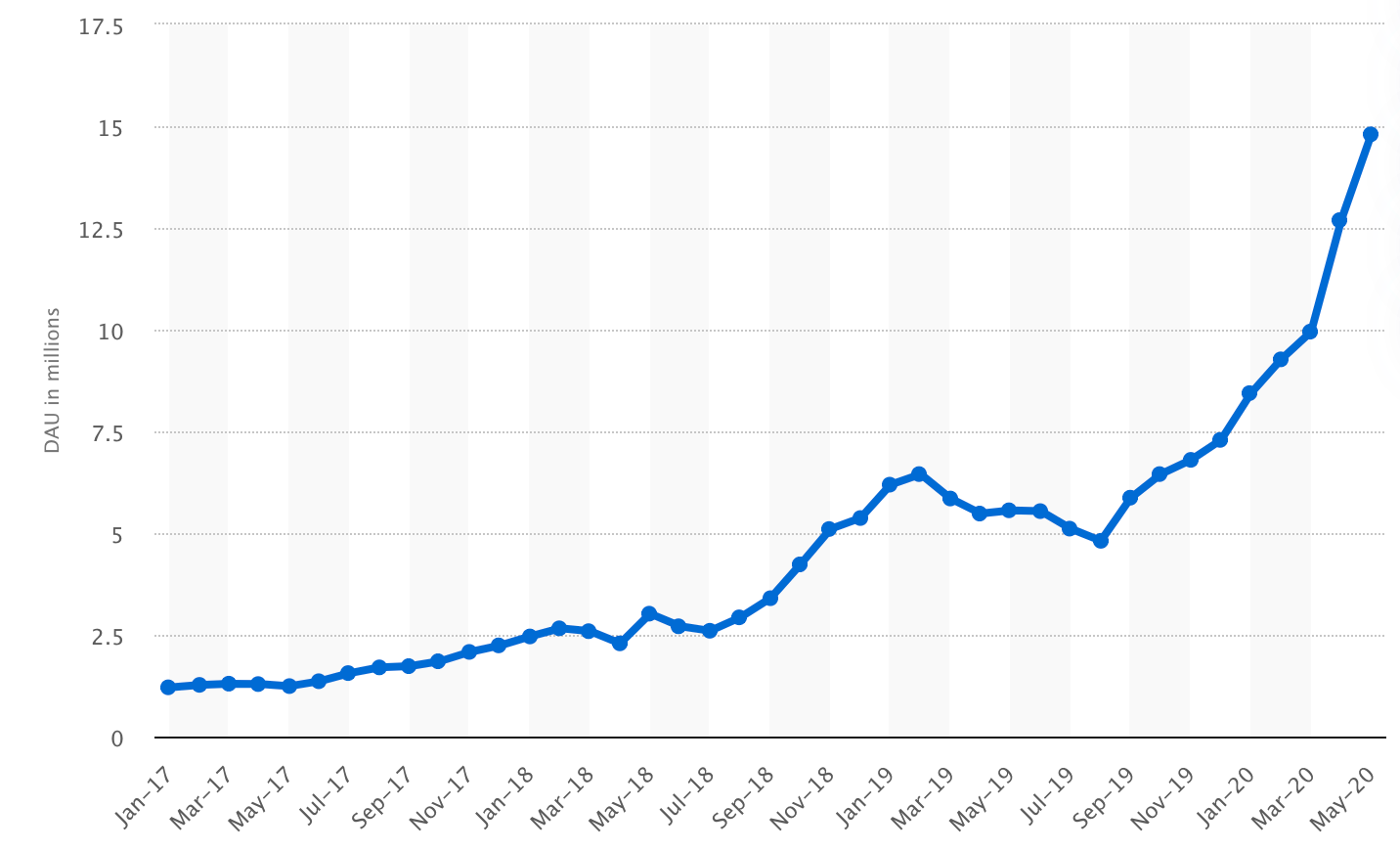(Estimated reading time: 6 minutes, 27 seconds.)
Why do authoritarian governments engage in propaganda when citizens often know that their governments are propagandizing and therefore resist, ignore, or deride the messages? In China, for example, much of the government's official discourse and rhetoric are so obsolete and far-fetched that they have been widely ridiculed and dubbed the Chinese government's "own worst enemy….. Nevertheless, the Chinese government maintains a massive institutional structure and devotes enormous resources on a daily basis for the production of propaganda in the form of state media publications and programs, political education in schools, ideological campaigns, and various kinds of rituals and ceremonies.
These are the first lines on the paper “Propaganda as Signalling”. The writer, professor Haifeng Huang, makes some great points in pointing out that propaganda works in more than one way.

In Sanlitun Soho, a commercial and office complex in Beijing, a giant electronic billboard displays this message from the Chinese Communist Party: “The people have faith. The nation has hope. The state has strength.” (taken from the NY Times)
Most people think that propaganda’s main mechanism into play is indoctrination. Get exposed to a message -however absurd, however surreal- long enough, and you will come into believing that message. This view though severely downplays the complexity of the human mind. We know we are hackable creatures, but could we be that naive? And if indeed it worked like that, shouldn’t our rooms be filled with motivational posters in an effort to “indoctrinate” ourselves to our benefit? Professor Huang writes that while indoctrination is indeed a part of the mechanisms of propaganda, he moves further to propose “a signaling theory of propaganda, which states that authoritarian governments engage in seemingly unproductive and wasteful propaganda activities not to imbue the masses with pro-government attitudes, but to demonstrate their strength in social control.”
In other words, the purpose of propaganda is to send a message by merely, displaying the message. See, spending the resources to display a message is costly and by doing so the propaganda actor signals that it can afford to do that. And one may not agree with the message, one might even think that it is preposterous, but they should tread lightly in expressing their concerns or disagreement in general.
But here’s the trick, this message has to be broadcasted on a public sphere. Why is that?

Photo of Chinese dissident artist Ai Weiwei doing some drunk artistic work
How do ads work?
The common myth goes that ads work in a similar manner, a message gets repeated many times until it finally is imprinted on the consumer’s brain where a decision is made: buy. Kevin Simler writes, in a blog post that I can’t recommend enough, that ads don’t work like that. According to him, this “emotional inception” mechanism is contradicting the idea, coming from economics, that consumers have fixed preferences or fixed goals, unalterable by anyone. In an intuitive level, I have seen again and again that this is true, nobody can create needs, yet most people think that needs are created by malevolent forces that push us to buy stuff we don’t need (most people haven’t put up an ad on Facebook to test their theory).

From the Series: Accurate Venn Diagrams
Do explain more
For one, Simler suggests that ads raise awareness. A consumer can’t buy what they don’t know that is there. Another mechanism has to do with “overt persuasion” that is making an argument in order to sell, e.g. 90% of dentists prefer this toothpaste. The most important mechanism, according to Simler, has to do with “making promises”, and this is connected at an implicit level with a brand’s image. Established brands have connected their image with specific expectations. Were they to violate what the audience expects from them, they would risk losing that audience. Finally, ads work by “honest signaling” that is by “..an instance of Marshall McLuhan's famous dictum, "The medium is the message." In this scenario, an ad conveys valuable information simply by existing — or more specifically, by existing in a very special location.”
A company that takes out a huge billboard in the middle of Times Square is announcing (subtextually), "We're willing to spend a lot of money on this product. We're committed to it. We're putting money where our mouths are."
Are ads and propaganda similar?
That’s the first parallel between ads and propaganda: in both cases, just the message simply existing is a powerful signal. But for this to have an effect, the message has to be broadcasted in a public manner.
These are just the straightforward ways ads affect us, through imparting direct information. But, there are indirect ways in which ads -and propaganda- work in a similar manner. From those, the most important is what Simler calls “cultural imprinting” that is “the mechanism whereby an ad, rather than trying to change our minds individually, instead changes the landscape of cultural meanings — which in turn changes how we are perceived by others when we use a product.” If someone sees an ad and knows or suspects that many-many others saw it too then one knows that using the advertised product will send cultural messages to the other members of the groups that they are part of (family group, friends, work, etc.). We use stuff to let people know something about us. In a similar fashion, if one sees a propaganda message and suspects that others saw it as well but nobody is doing anything and everyone goes about their works then they will suspect that resistance is futile.
This line of thinking for one is great news -at least with regards to ads- as it shows that humans are not that easily manipulated or “tricked” into buying the latest Nike shoe (I wear Nike shoes).
But could propaganda evolve? Could personal, tailor-made messages not broadcasted in the public sphere have a similar influence and be used for propaganda purposes?

Well, yes, it happened once and it can happen again. It’s one thing for a bad actor to target an individual through a publicly broadcasted ad, and totally different to target them in their laptop, at night with a tailor-made ad. To measure how much different that would be, we’d have to take into account the shift from traditional ad spending to digital.

If this is a good proxy, then expect much of propaganda to turn online. As a last thought, Facebook is thinking of banning political ads for November’s US presidential election and I think that they will save themselves from a mountain of trouble.
Tweet of the week
Gen-Zs favorite social network might be in danger. The cringy, lip-syncing app has approx. 1bn users and in early 2020, over 37% of TikTok users in the United States were teenagers.

This is fortunately not a Covid-19 graph
TikTok’s exponentially growing number of Daily Active Users worldwide comes among many concerns of nefarious privacy and security controls and practices. The US military has “banned the use of TikTok on any government-issued phones—and there is pressure to widen that significantly, all of which pales compared to India’s blanket ban and threats that Australia and—devastatingly for TikTok—the U.S. might follow suit.”
So, what happens if the US bans TikTok? Taylor Lorenz tries to answer this question in this piece, where she underlines that “for many young people, TikTok has been an outlet for creative expression and human connection, especially throughout months of distance learning and social isolation.” It’s difficult to predict what might come next, but investors are already looking at the next clone of TikTok.





